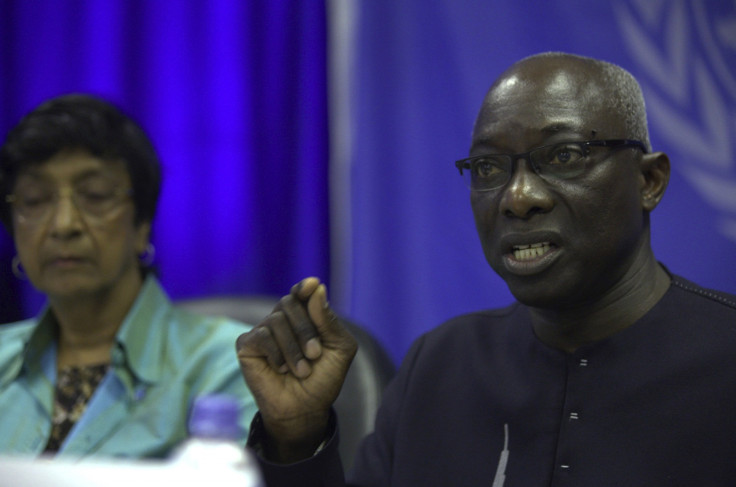UN Special Adviser for Prevention of Genocide Adama Dieng raises alarm about Burundi
In a letter to members of UN Security Council, Dieng warned against risks of "mass" violence.
The United Nations (UN) Special Adviser for the Prevention of Genocide, Adama Dieng, once again raised the alarm this week about the serious risk of violence in Burundi.
The bloody crisis that has killed thousands, pits supporters of President Pierre Nkurunziza against those who say that his re-election in July 2015 for a third term violated the nation's constitution.
After a failed coup led by a disloyal faction within the army's high command, the government intensified its crackdown on dissidents and most of those arrested or disappeared are young men and women accused of participating in or supporting opposition groups, or armed groups.
In a letter written recently to the members of the UN Security Council (UNSC), Dieng warned against risks of "mass" violence if nothing is done in the East African country, effectively taking the opposite view of some experts who describe the Burundian conflict as "of low intensity".
Dieng said that "the prospects for peace, security and reconciliation in Burundi have diminished" since November 2015, when he last addressed the UNSC.
In the document seen by RFI, the UN adviser cited Burundi's failing political dialogue to end the crisis, Burundi's withdrawal from the International Criminal Court, a government crackdown on rights groups and NGOs, and alleged hate speech by members of the government.

Dieng insisted on the "human rights abuses and violations perpetrated by elements of the secret services, the police, the army and the Imbonerakure" – the youth wing of the ruling party, which Dieng described as a militia.
Calling on the UNSC to take steps to avoid escalating violence, Dieng did not explicitly outline which measures he was advising the council to impose.
Peace has been restored, says government
The Burundian government, meanwhile, vowed that the country would never again experience ethnic killings, and assured the international community peace has been restored.
The Burundian Minister of the Interior and Patriotic Training, Pascal Barandagiye, last month travelled to Uganda to convince some 33,793 Burundians who fled the current crisis that all the conditions are met for them return to their homes in secure conditions.
As at 6 March, there were 391,674 Burundian refugees, living in Tanzania (232,138), Rwanda (84,575), Uganda (33,793), Democratic Republic of the Congo (33,690), Kenya (2,598), Mozambique (1,908), Zambia (1,873) and Mozambique (1,099).
© Copyright IBTimes 2025. All rights reserved.






















